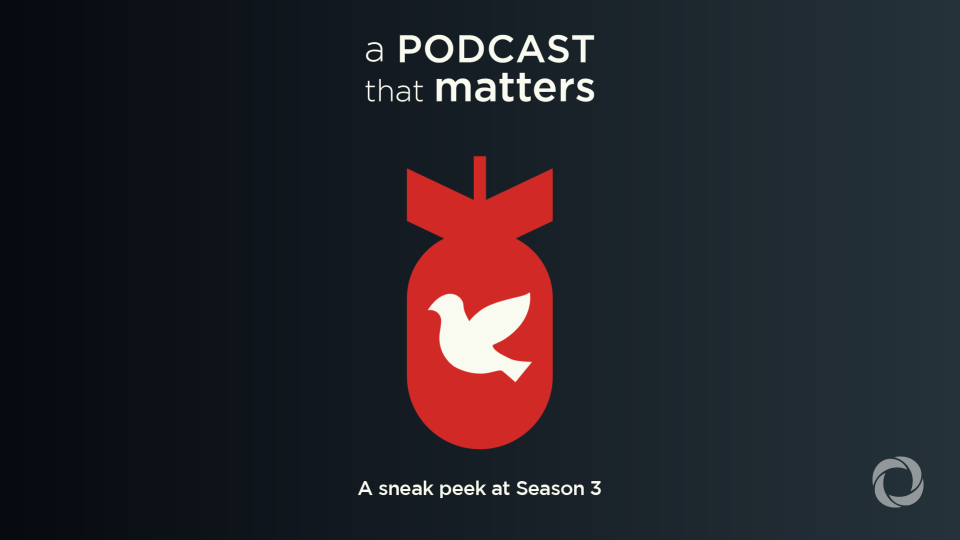The year 2025 marks a fundamental turning point for the international aid and development sector. Donors are slashing funding by billions, aid agencies are being dismantled, and thousands of aid workers face unemployment—while the number of people needing assistance surges daily.
How is the sector responding to these unprecedented challenges? What resilience strategies and concrete steps are organizations taking to adapt and continue their mission to lift people out of poverty? How can the sector tackle climate change and respond to disasters with reduced funding and fewer personnel?
To find answers to these critical questions, we’re launching Season 3 of the DevelopmentAid Dialogues podcast.
Scientists, experts, development officials, think-tank leaders, and consultants from around the world will share their insights through in-depth conversations with podcast host Hisham Allam.
Next Wednesday, September 10, we launch Season 3 with Dr. Julius Kirimi Sindi, a systems innovator and director of the Gates Foundation–backed Catalyze Impact Initiative. Our discussion will explore how global development must adapt before it unravels.
Our second September episode focuses on how aid is delivered to the most dangerous and inaccessible places on Earth via Remote Humanitarian Aid. How well is it really working? We asked Ina Blumel, a humanitarian aid professional with 20 years of experience spanning emergency preparedness, response, and recovery.
Don’t miss Season 3 of the DevelopmentAid Dialogues podcast—subscribe and listen on your preferred platform or become a DevelopmentAid.org member for instant email notifications.
The podcast is sponsored by DevelopmentAid: procurement notices, funding opportunities, partner databases, market trend insights, professional networks, webinars, latest news, and more. Stay informed and connected.

